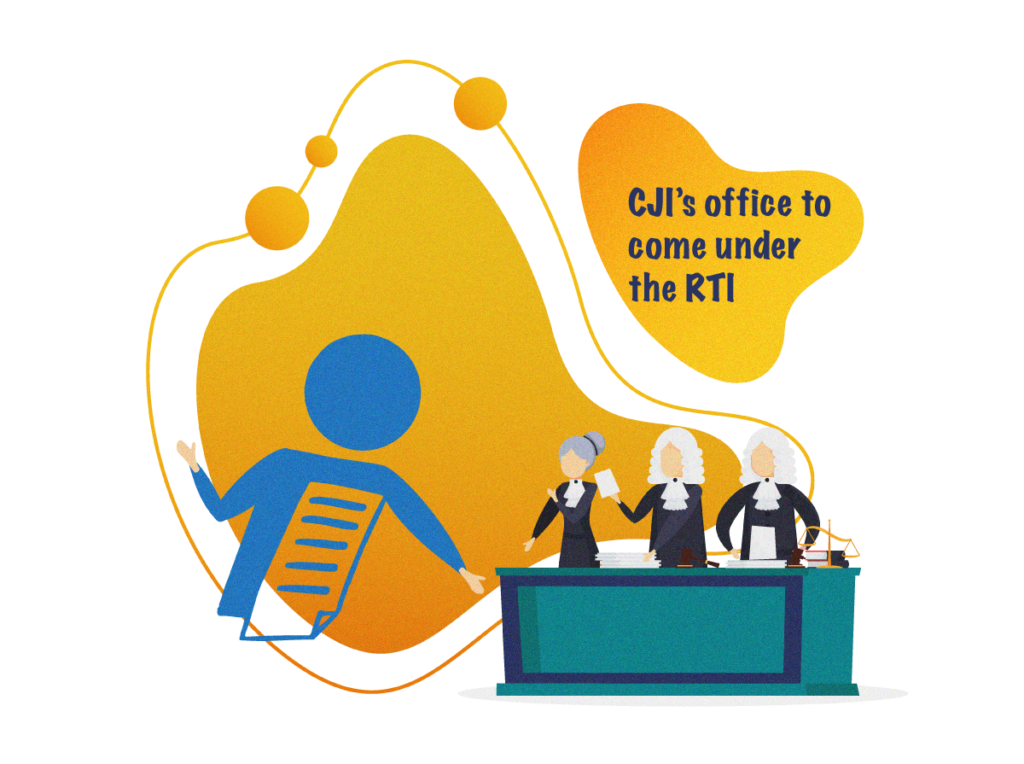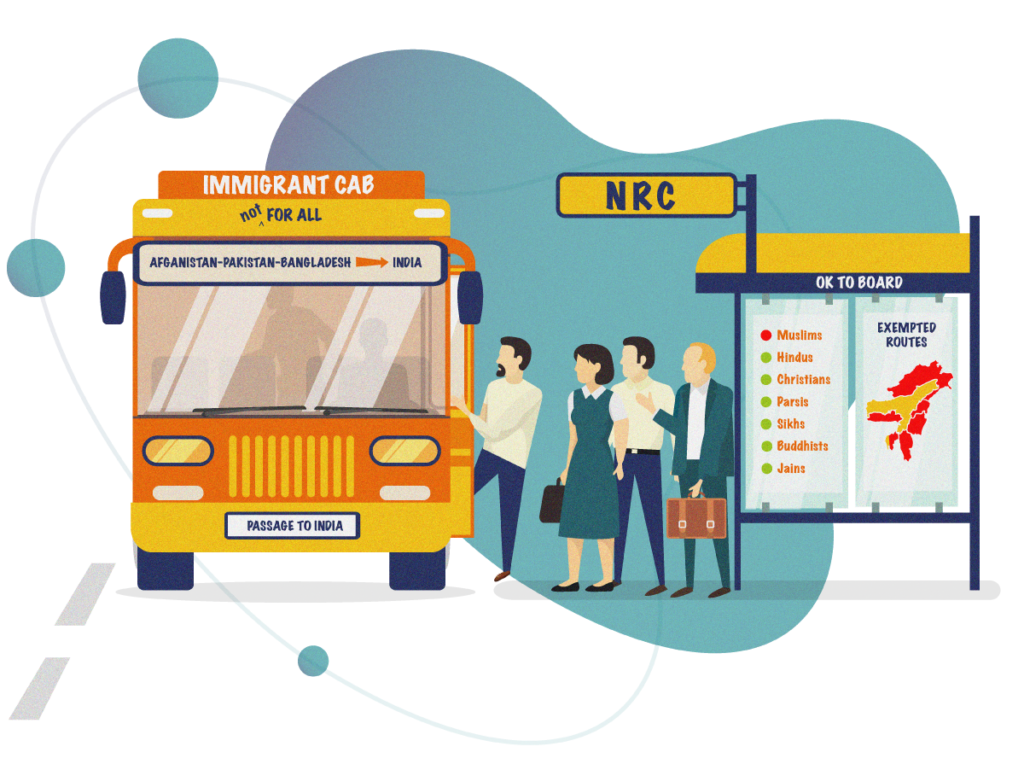Debated / Passed in Lok Sabha: 28/11/2019
Debated / Passed in Rajya Sabha: –
The National capital, Delhi has probably witnessed the maximum influx of population in the last few decades. Large scale exodus from other parts of the country had resulted in several “unauthorized colonies” – place(s) with no proper government approval or registration for buildings and layouts. For the 40 lakh odd people living in almost 2000 unauthorized colonies in Delhi, this Bill would mean finally being granted ownership rights to such properties. Some of the salient features of this Bill:
- The Bill seeks to regularize the unauthorized colonies by registering properties in favour of their bonafide residents and grant relief from paying registration and stamp duty.
- The Bill seeks to secure ownership and or transfer / mortgage in favour of residents who are in possession of properties in such unauthorized by providing them by granting them title documents such the General Power of Attorney (GPA), Sale agreement and Letter of possession that is granted by the government in the process of regularizing such colonies. This creates ownership in favour of the resident on plot of land and or apartments.
- While the title documents will legitimately entitle the residents to procure loans from the banking sector, it will also politically pave the way for allocation of constituency developments funds for developing od basic amenities – roads, water, sewage lines, low cost housing and other civic amenities.
- The regularization of colonies is subject to satisfaction of certain precondition – establishment of registered welfare associations, submission of the entire list of residents and the colony layout plant /blueprint along with the application for regularization.
- It is proposed to digitally map such colonies within a given time frame. Separate portals are being proposed to be set up to address grievances of residents of such colonies which will eventually get authorized.
While the Bill is being viewed as a step in the positive direction, implementing it will infrastructural, technical and political ramifications. For now, the Bill has received mixed response – one of cautious joy.















